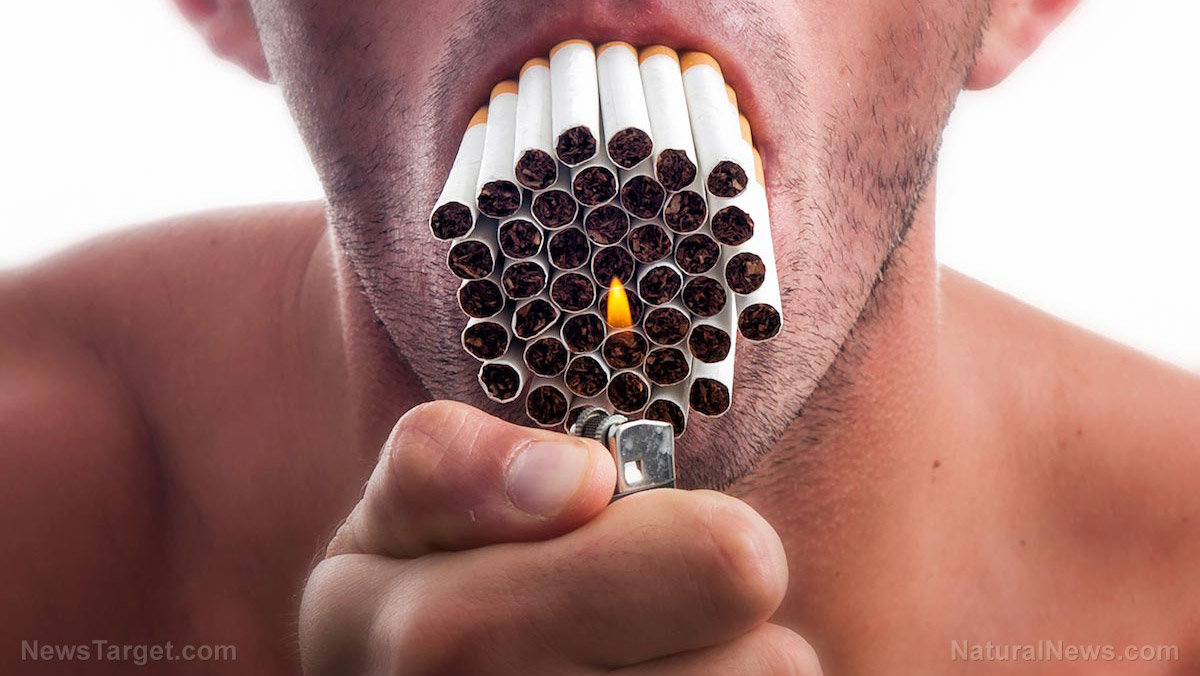
Recent research from the Massachusetts General Hospital (MGH) brings to light the fact that current methods of helping people recover and stay off their abused substances may need to be reworked. Apparently, some aspects of substance abuse treatment may not be as effective as other methods that are mostly being overlooked.
Survey respondents almost split
According to a study from the MGH Recovery Research Institute, more than nine percent of survey respondents consider themselves to be free of their old alcohol and drug use problems, thanks to their own efforts aided by sort of assistance. Meanwhile, only 46 percent of respondents referred to themselves as "in recovery." That also means that the same number of people were able to overcome their problems without any sort of assistance whatsoever.
Although that wasn't exactly what the survey was trying to find out, it's a great discovery that's leading researchers like John Kelly, Ph.D., to think about how current methods of treating people with substance abuse problems can and should be changed.
In particular, Kelly says that, "The number of people who have overcome serious alcohol and other drug problems and exactly how they have achieved that has been a question of increasing general interest and public health interest." So it's important not just that people are able to recover, but that they recover using the preferred or prescribed methods. And if they didn't, the exact reasons why should be fully explored.
It's not just about making sure that treatment programs are effective. It's also about knowing other methods which may be possible for those who don't or can't employ any assistance.
How the study was performed
For the study, the researchers found a representative sample of 55,000 U.S. adults by surveying members of the KnowledgePanel of the research company GfK. And from that pool, a group of almost 40,000 people were asked the question, "Did you used to have a problem with drugs or alcohol but no longer do?"
The survey came back with answers from more than 25,000 panel members, of which 2,047 said that they did overcome alcohol or drug use problems, amounting to 9.1 percent. Those respondents were then sent a link to the full study survey, which resulted in 2,002 responses that were fit for analysis.
From this sample of survey respondents, the researchers were able to determine that 54 percent of those who reported successfully resolving their substance use problems relied on some kind of assistance to do so. It was also revealed that those who received such assistance tended to be those with more severe issues, such as those who started using at a younger age or used several substances at the same time frame.
As for the rest of the respondents, they confirmed something that the researchers say was already known: that most people who "meet diagnostic criteria for substance use disorder and remit from their disorder do so without any kind of formal assistance." This is according to Kelly, who also says, "This study expands those prior findings to people who resolve significant but less serious AOD (alcohol and other drug) problems and suggests we may need to broaden our thinking about how people solve these problems without formal help."
The findings in this study directly contradict what many clinicians and researchers -- as well as people in the general public -- believe to be necessary to overcome a drug or alcohol use problem: that you need to "go to rehab" or go to a well-known organization for treatment. For Kelly, this is a huge indicator that there may be "a need to broaden our collective cultural mindset" to fully overcome the problem as a society. There is power in the individual, after all.
Read about more addiction at Addiction.news.
Sources include:
RethinkingDrinking.NIAAA.NIH.gov
Please contact us for more information.























